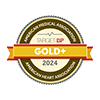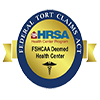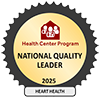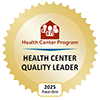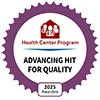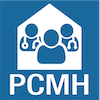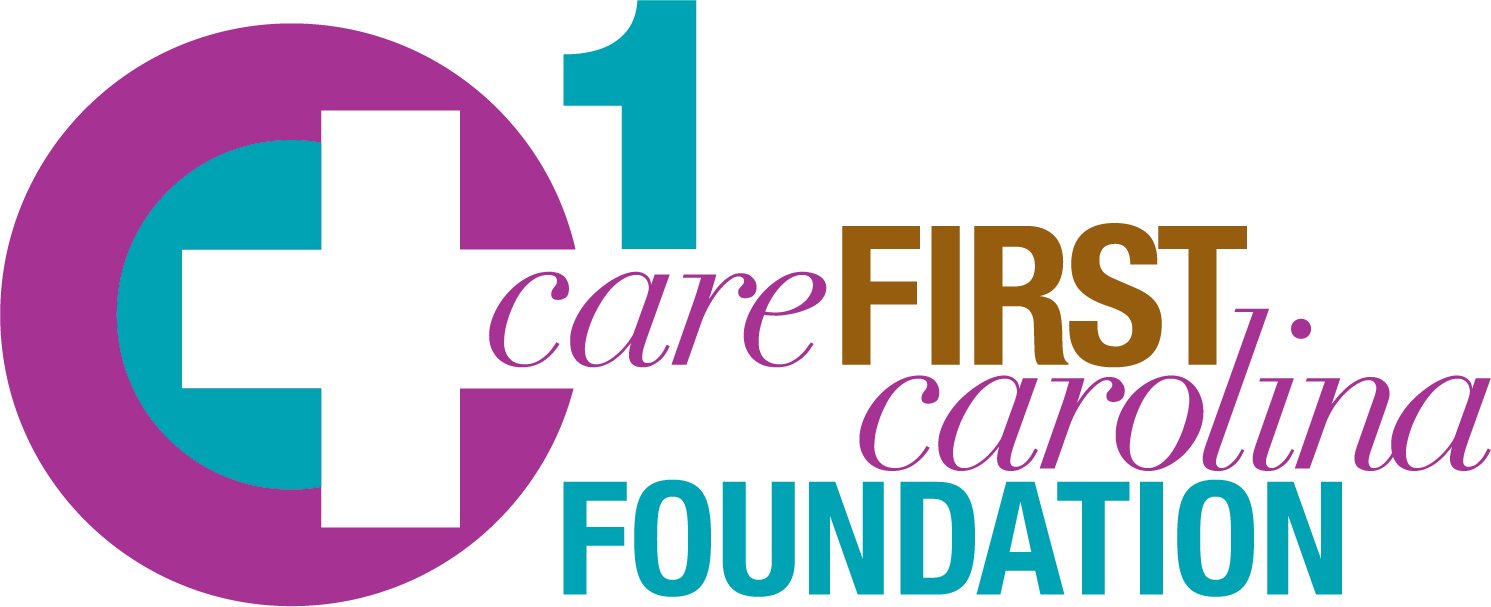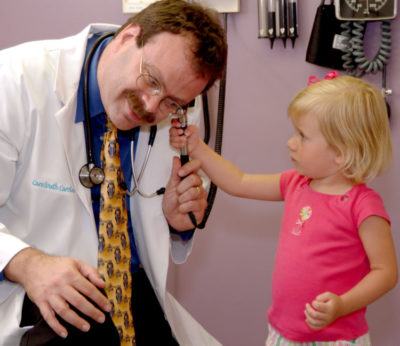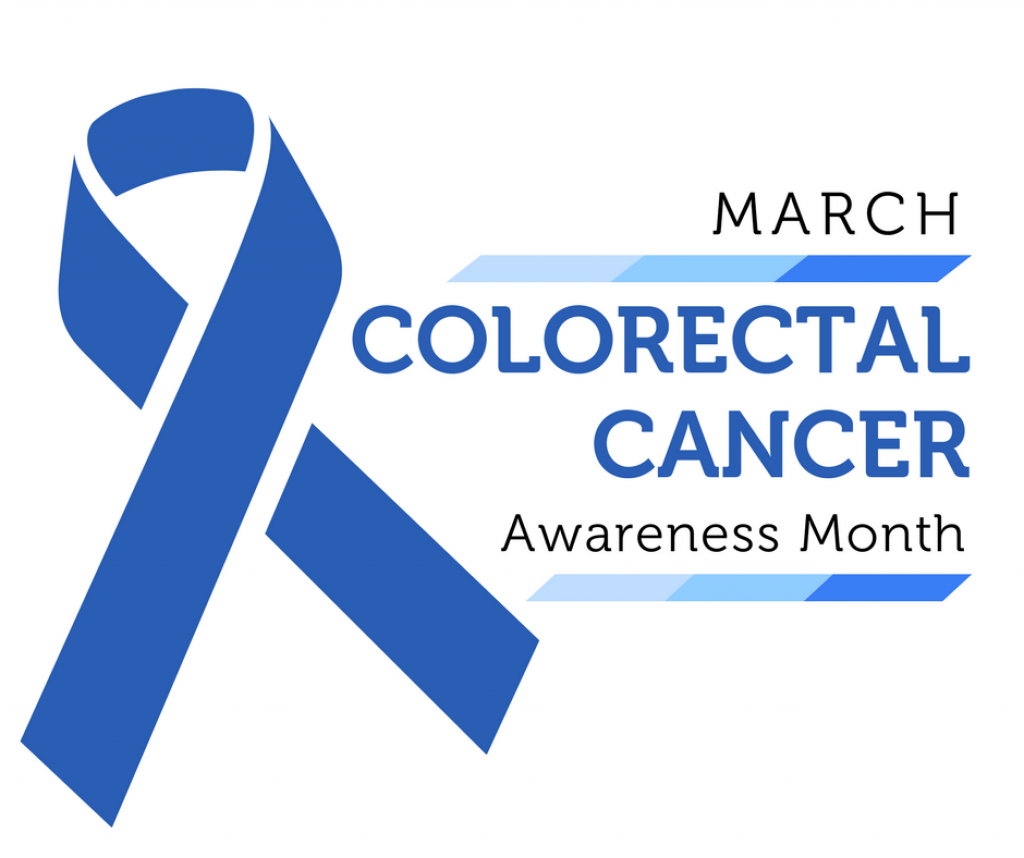
March is Colorectal Cancer Awareness Month
Colorectal cancer, also known as colon cancer or rectal cancer, is diagnosed in more than 130,000 Americans each year. It is the second-most common cause of cancer-related deaths in the United States and is expected to cause about 53,200 deaths during 2020.
The American Cancer Society estimates that there will be 104,610 new cases of colon cancer and 43,340 new cases of rectal cancer in 2020.
As part of Colorectal Cancer Awareness Month in March, here are a few things to know about the disease that has claimed the lives of millions of people.
Symptoms:
In many cases, colorectal cancer has been known as a “silent killer,” not showing any symptoms until the disease is much farther along.
- Changes in bowel movements, including constipation and diarrhea
- Bleeding or cramping in your rectum
- Feeling like you can’t empty your bowels completely or urgently need to have a bowel movement
- Persistent pain in your abdomen, such as cramps, gas or pain
- Dark patches of blood in your stool
- Discomfort or bloating in your belly
- Unexplained fatigue; loss of appetite and weight loss
- Pelvic pain
Prevention
The most effective way to reduce your risk of colorectal cancer is to get screened routinely beginning at age 50, though sometimes it should be earlier depending on your family history and risk.
Making lifestyle changes can help reduce the risk of Colorectal Cancer. Eating a variety of fruits, vegetables and whole grains; drinking alcohol in moderation, if at all; not smoking; frequent exercise; and maintaining a healthy weight can reduce your risk for Colorectal Cancer.
When to see a primary care provider…
If you’re experiencing any of the symptoms listed above, especially blood in your stool, you should schedule an appointment to see your primary care provider.
Factors that may increase your risk for Colorectal Cancer include, but are not limited to: older age, having a history of colorectal cancer, having a family history of colon cancer, eating a low-fiber, high-fat diet, diabetes, struggling with obesity, smoking, regular use of alcohol in addition to many others.






